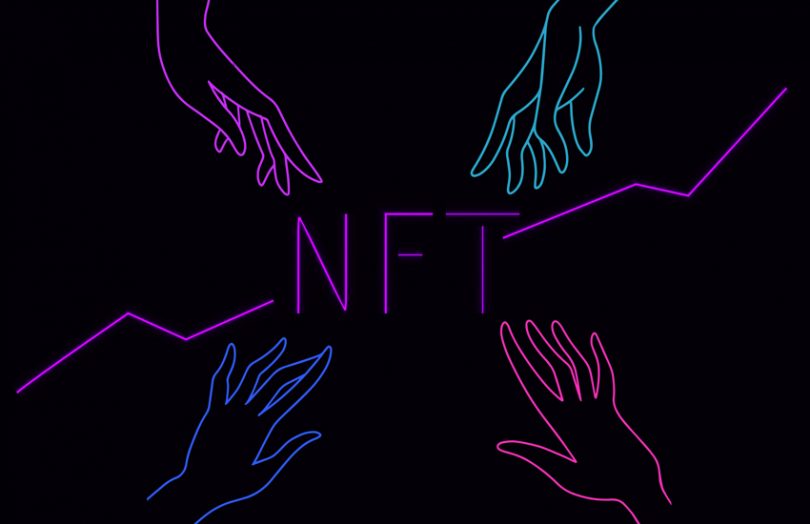Yesterday Taco Bell was the latest to issue a non-fungible token (NFT) for four digital art collectibles, although they might struggle to meet the art threshold. The NFT hype levels are reminiscent of the 2017 ICO blockchain boom. However, while prices may be inflated, the use cases for NFTs are quite real.
We previously reported on the NBA Top Shot game, which has now surpassed $300 million in sales and re-sales. The first-ever Tweet by Twitter founder Jack Dorsey is being auctioned off with the current highest bid at $2.5 million on the ‘Valuables by Cent’ platform.
Clearly, Dorsey sees the value of NFTs and it’s no coincidence that the tweet is being auctioned the same week his other company Square announced the acquisition of Jay-Z’s music streaming service Tidal. Not only can the music be tokenized, but they could potentially tokenize tickets to streamed live events during the pandemic.
Unquestionably there’s considerable hype around NFTs. But when the dust settles, there are interesting applications.
The appeal of NFTs
Non-fungible tokens don’t stop someone else from viewing the art or sports collectible or listening to the music. Provided it’s the rights owner doing the selling, NFTs grant an irrefutable right to some level of ownership and the ability to trade that right.
That’s part of the answer to why NFTs are popular. But there’s more. The big change of late is numerous user-friendly platforms have made NFTs more accessible. This includes marketplaces to buy and sell NFTs such as Mintable and Rareable and destinations which provide experiences. Often they are one and the same such as with NBA Top Shot and Sorare.
Another example of a destination is Hashmasks, a collection of artistic digital facemasks that more than 70 artists created. Users can choose which one to buy based on features such as eye and skin color. And they earn the right to name them.
As an outsider, it seems Hashmasks is missing a trick. They could enable people to customize the original artists’ work and anyone else’s derivative work. One of the key business benefits of NFTs is their composability, where each person that has added value to a derivative work can earn a cut of transactions. In future, a talented but starving artist might sell off their life’s work for a pittance. But at least they will earn a percentage of the increased future value.
In summary, the advantages are NFTs provide ownership, low friction trading, composability and the ability to share revenues with the original creator.
The use cases
In terms of NFT use cases, the ones that have attracted the most attention are the sale of rights in collectibles, art, music and video. And tweets.
But the potential applications are far broader. Every event ticket is unique and it’s a sector that’s been plagued by scalping. Venue owners could leverage NFTs and choose to permit a small set of seats to be scalped, but the venue gets 70% of any re-sale value. And for all other seats, it could control the transfer price and not allow a person to own more than two or three.
Another possible application is people tokenizing their time which has already been tried. This one has some obvious pitfalls on both sides. From a buyer’s perspective, if they buy in advance and don’t use it, the token will lapse as worthless. On the flip side, expensive tokens will be for talented people’s time. And gifted people like to choose with whom they work. So they might require a right of refusal. There’s a difference between tokenizing something that is more of a digital good than a personal service. When that was written, porn was not the intended meaning. And yes, there are already porn NFTs.
Moving on, some physical goods can be tokenized. Fine wines are traded regularly and each bottle is unique because a bottle doesn’t just have a vintage but also a bottle condition. However, it’s also one of the hardest industries to modernize. It’s been slow to digitize, never mind adopting blockchain.
You might think that property could have a non-fungible token. Most tokenized properties are owned by companies and it’s the company’s stock that is tokenized. So that would be treated as a security token, which like non-fungible tokens, has its own standard.
Taco Bell’s piggybacking on the NFT hype is a sign that NFTs are going mainstream. With the hype cycle in full swing, people will suggest silly applications and lose some money on poor investment choices. This sort of attention also attracts more scams.
Despite all that, there’s a reason that tech luminaries such as Mark Cuban and Jack Dorsey are excited. There are businesses to be built around NFTs.






